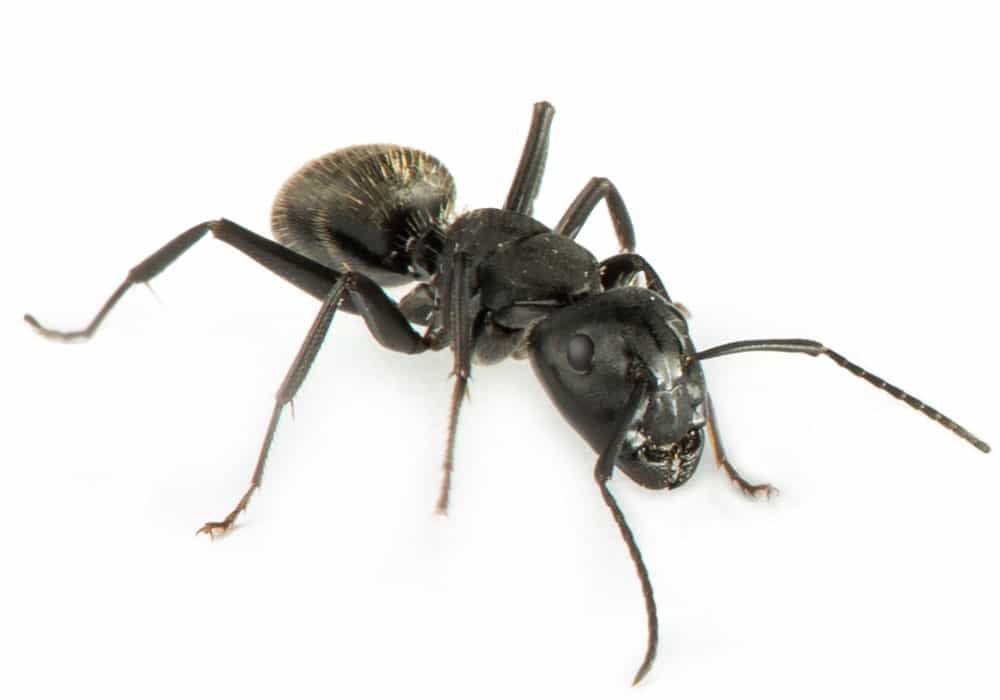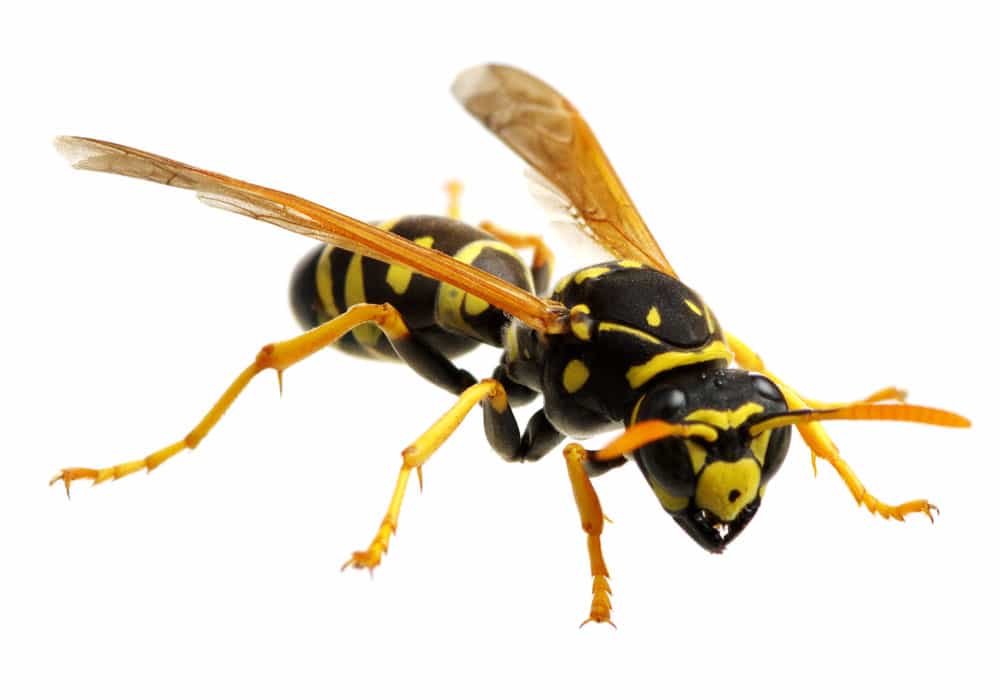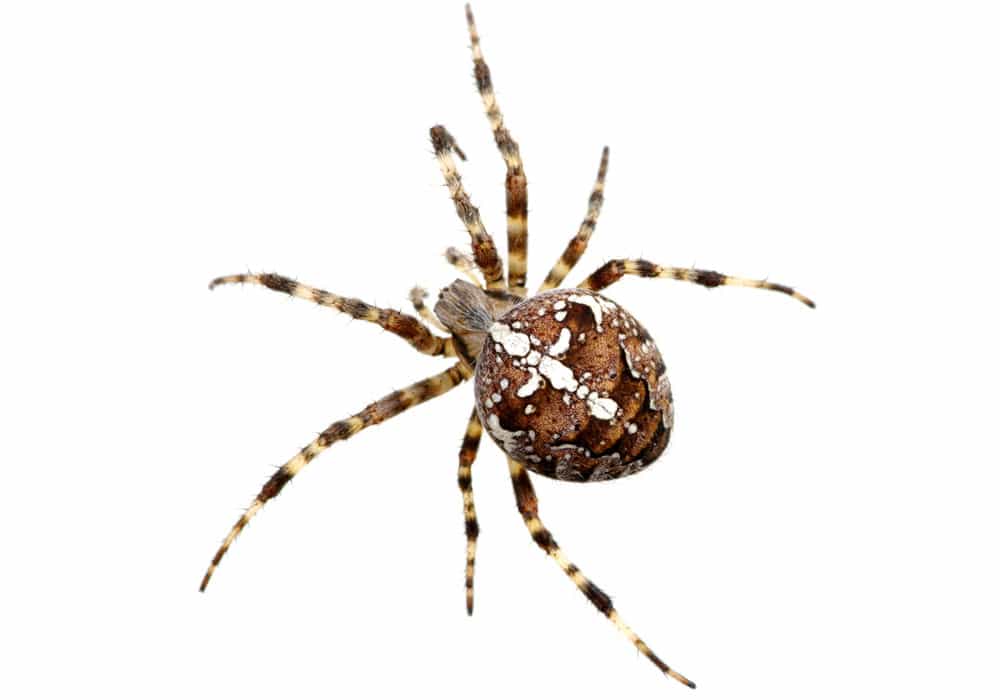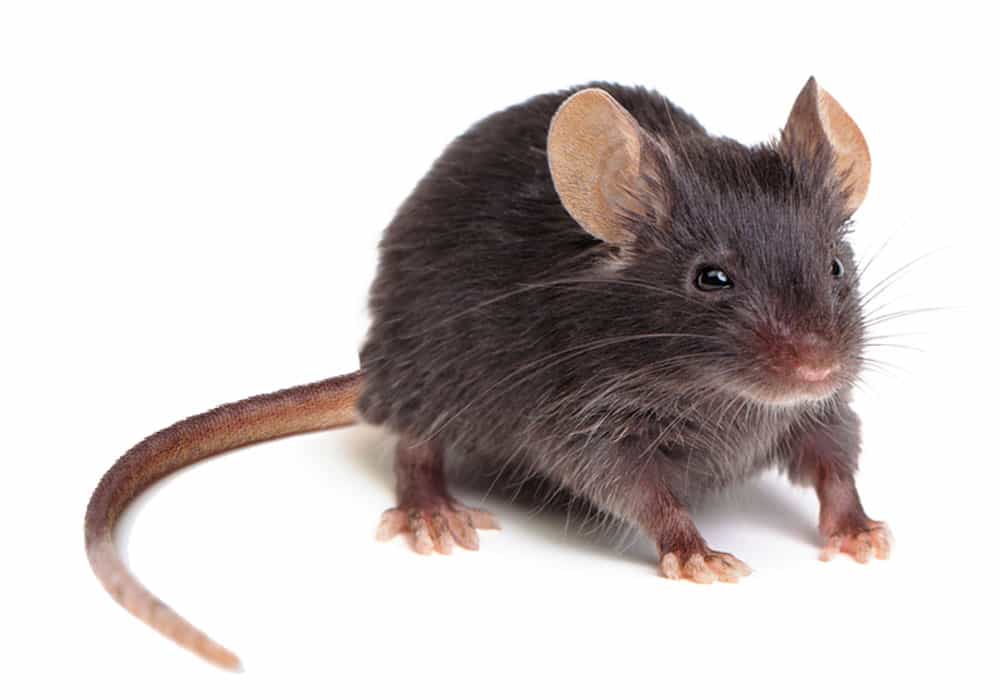Best Paper Wasp Nest Removal Near Vancouver
Paper wasps are a prevalent stinging insect in the Pacific Northwest. Known for their preference for safe, covered places, their nests are typically found in the eaves and overhangs of many homes in the Vancouver, WA metro area. Contact the top-rated Vancouver, WA exterminators.
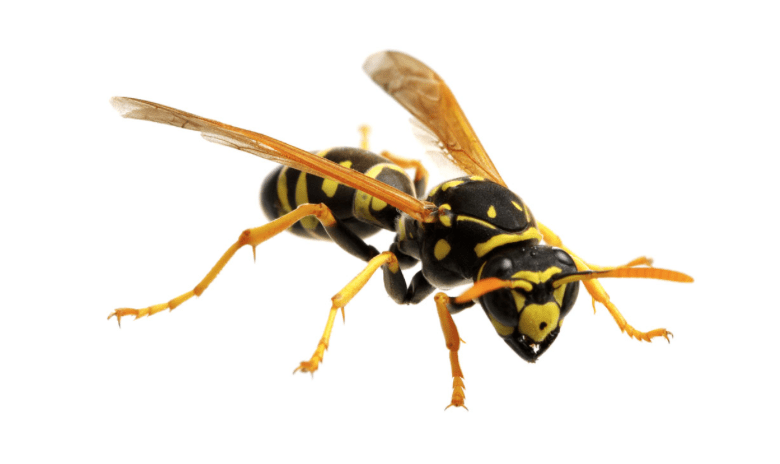
Paper Wasp Description
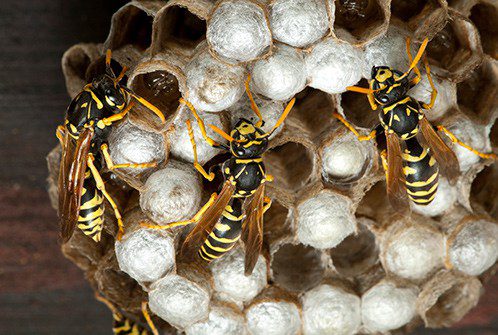
Size
On average, paper wasps in the Pacific Northwest measure one-half to one-and-a-half inches in length.
Color
Paper wasps are very dark brown to black in body color, with yellow markings on their heads and thorax (mid-section), and yellow rings on their abdomens. Their wings are brownish and slightly transparent in appearance. They are distinct from hornets or yellow jackets – you just need to know what you’re looking for.
What are paper wasps?
Paper wasps are stinging insects that contain over 200 variations of the species. Nevertheless, only 20 of them reside in North America. They are an insect that builds nests to create, support, and grow wasp colonies containing three distinct groups in their social order: worker wasps, queen wasps, and male wasps.
In autumn, wasps mate. The impregnated female wasps hibernate during the winter while the males pass away. Once the spring nesting season arrives, queen wasps will select a prime location for the nest, and the workers will begin construction. The average lifespan for most paper wasps is one year.
Why are they called “paper wasps?”
Paper wasps get their name from how they create the materials used to construct their nests. Worker wasps gather fibrous plant materials (like plant stems and dried wood) and combine them with their saliva to produce an almost paper-mâché-like substance used to fashion the home.
How did I get paper wasps in my Vancouver Home?
Paper wasps are looking for a covered place to build their nest. As a result, they choose your home or buildings on your property to build nests for the safety and longevity of their colony. If your home has eaves, overhangs, an awning, or trees nearby, it is more susceptible to a paper wasp infestation.
What do paper wasps eat?
Paper wasps feed on other insects (e.g., beetle larvae, caterpillars, and flies).
Where are paper wasps coming from?
Specifically, four common environmental factors will encourage paper wasps to build a colony on your property:
- A safe space for them to build their nests (i.e., shelter)
- The presence of other insects (for food)
- Nearby flowering plants (for nectar)
- Water close by (for nourishment, energy, and hunting grounds to prey upon other insects)
Still not sure if you’re looking at a paper wasp?
Paper Wasp Control Tips Near You in Vancouver
Are paper wasps Harmful?

Paper wasps sting but are less aggressive than other stinging insects.
When do paper wasps sting?
Unlike other species of stinging insects, paper wasps are typically not aggressive as they come into contact with humans. However, if the wasps feel threatened — especially when their queen or nest is in danger — they will act aggressively, increasing your chances of being stung.
What happens when you’re stung by a paper wasp?
Just because paper wasps aren’t typically aggressive doesn’t mean they won’t be. When a wasp stings, it hurts. Moreover, if you’re allergic to paper wasp venom, a sting can result in swelling, dizziness, nausea, itchiness, breathing difficulties, or even anaphylactic shock. If you or a loved one are experiencing any of these or similar symptoms after being stung, seek medical attention immediately.
Are PAPER WASPS SEASONAL?
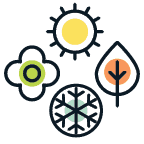
Paper wasps are active from February – November.
Paper wasps in the Northwest may become active as early as February or March and can remain active into November. Reproducing females will emerge in the spring from overwintering and often follow the same flight patterns, re-establishing colonies in roughly the same locations as the year before. This makes disrupting those flight patterns — namely, through the treatment and removal of their nests — crucial to successfully exterminating your paper wasp infestation.
can i treat PAPER
WASPS on my own?

Paper wasps can killed with DIY treatments, but their nests can be difficult to eradicate.
Though many DIY wasp treatments can be purchased over the counter, paper wasps can be a real challenge for homeowners to treat themselves. One reason is that they sometimes build nests in inaccessible areas.
Homeowners should generally refrain from attempting any wasp control on their own, as reaching these hard-to-reach places takes skill and know-how to complete the wasp elimination safely and correctly.
Paper wasp extermination near you with guaranteed results
Why should I call professional wasp nest removal experts near Vancouver?
Proper wasp control requires both the treatment and the removal of the nests. Aspen Pest Control can provide these services to keep your home and family continuously safe from wasp infestations.
Aspen Pest Control has specialized equipment to treat most second stories and beyond. We provide wasp control and include wasp nest removal as part of our service. Results are 100% guaranteed! Our regular customers enjoy peace of mind knowing if the wasps come back, we do too, free of charge.
How do I prevent a future paper wasp infestation in my home near Vancouver?
Once you’ve been able to eradicate a paper wasp infestation from your home, it’s important to take the necessary steps that will prevent future infestations from occurring. This means removing any standing water from your property, treating your home for other pests that the wasps perceive as food, being careful to not keep flowering plants too close to the home, and also ensuring that all nests have been removed from your home and property.
Paper wasp nest removal is crucial. Because certain insects, including the paper wasp, will build new colonies over and over again based on the same flight patterns, it is necessary to break those patterns through consistent and complete nest removal.
Early intervention is crucial for paper wasp extermination
As soon as you begin to see wasps building nests on your home near Vancouver on your property, we highly encourage you to contact the professional wasp removal specialists at Aspen Pest Control. We serve clients near Vancouver, WA, as well as offering pest control near Portland, OR. When it comes to protecting their nests, wasps will likely be aggressive, and their nests’ location isn’t always conspicuous. This is why a thorough examination of your property is so important. You never really know when you’re putting yourself or your friends and family at risk.
Beyond the fact that wasp stings are potentially dangerous, wasps swarming can also cause aesthetic damage to the wood on the home where the wasp nests are located. Although they are not wood-boring creatures, the aesthetic damage caused by wasps to your home will become noticeable over time.
Paper Wasp Treatment
1
INSPECT
An intentional, thorough evaluation of your home’s entire exterior is what you deserve when treating for wasps. Eaves, shutters, soffits, and surrounding shrubs are just a few of the areas we examine when treating for a paper wasp infestation. Thorough nest identification and renewal are critical to your home’s treatment plan.
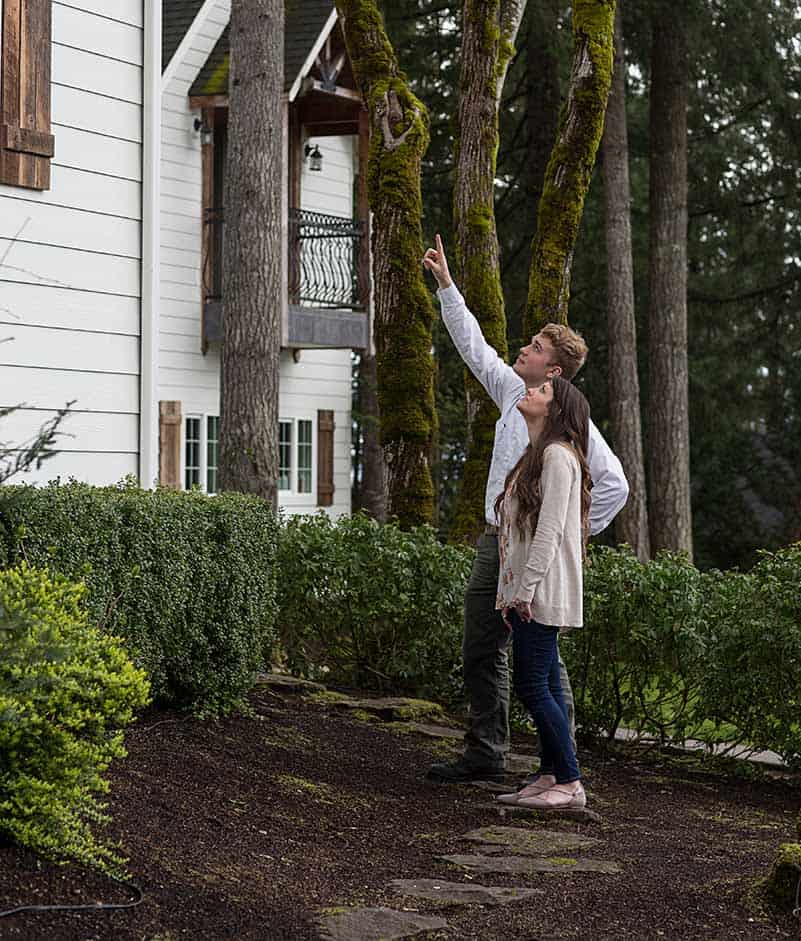
2
Apply products
We use commercial grade green pest control products to exterminate existing populations and effectively remove nests.
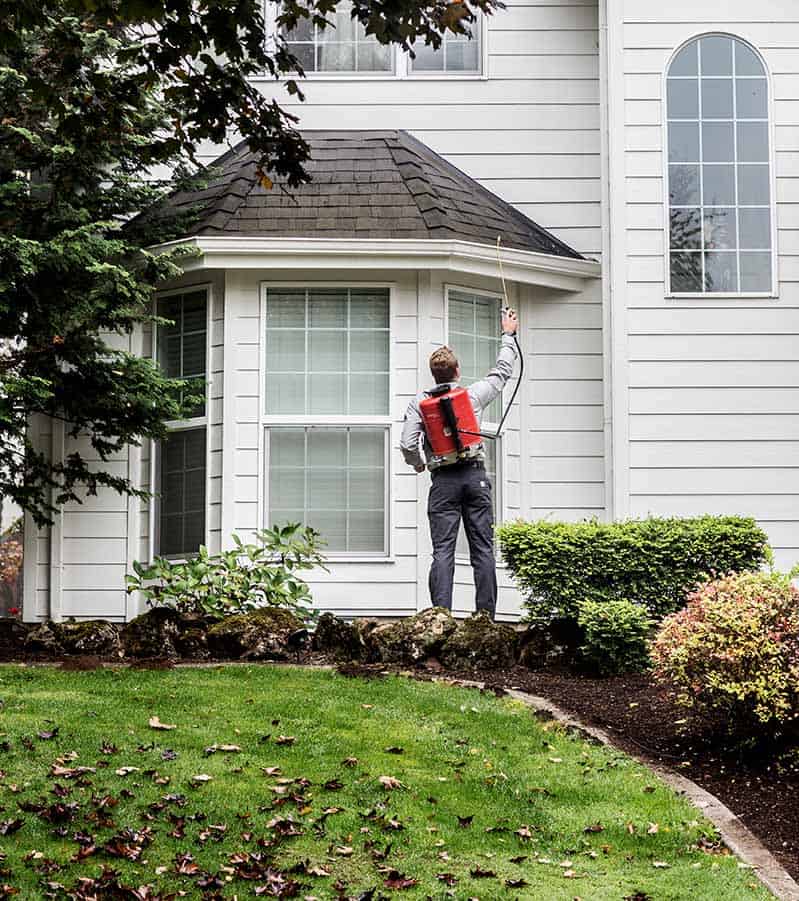
3
ONGOING OBSERVATION
Rome wasn’t built in a day, and wasp removal isn’t achieved overnight. Long-term colony removal, that is. Breaking the cycle of infestation takes resilience and understanding. That’s why so many of our clients choose us for the regular evaluation and treatment of wasps and other pests. We’re knowledgeable, dedicated, and thorough — and committed to achieving your pest control goals!
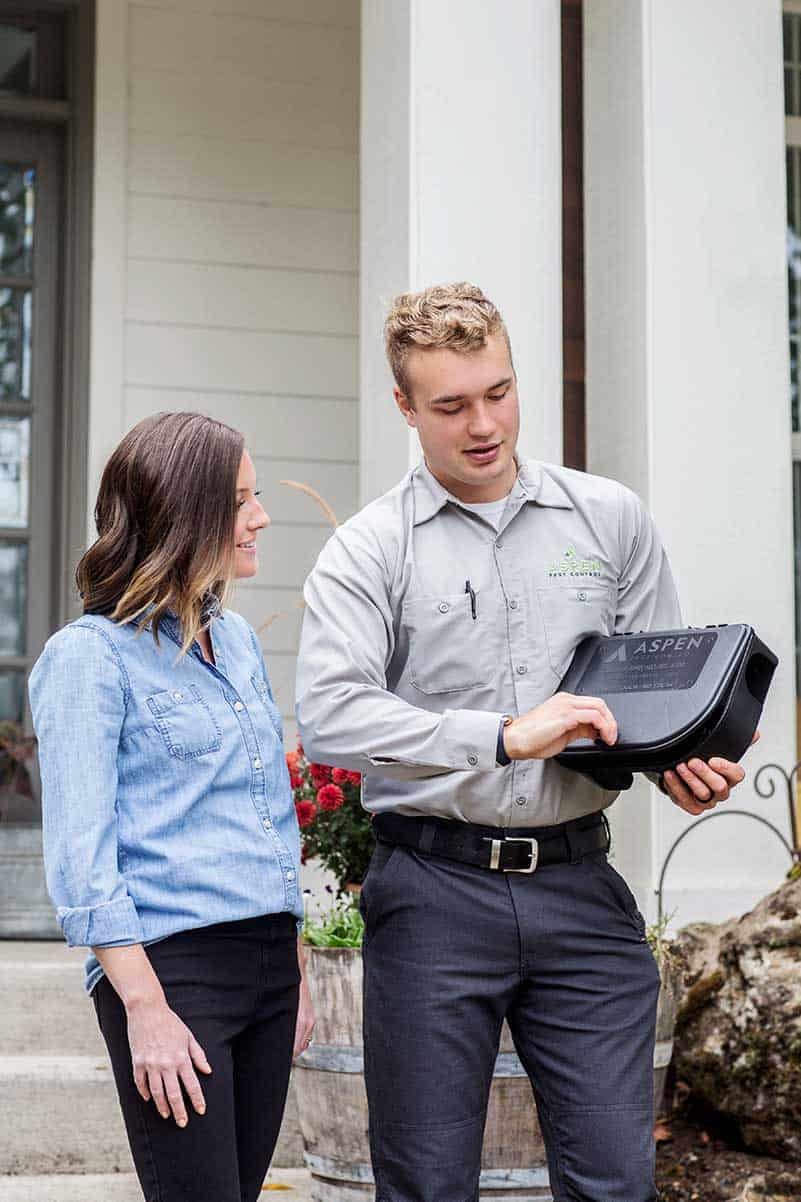
Secure your home from paper wasps

Your Satisfaction — With Us, It's 100% Guaranteed!
In the instance your pests return, then so will we! We want you to be completely satisfied with your Aspen Pest Control experience. That’s why your friends and neighbors all over the Southwest Washington area choose us for their pest control needs.
We also provide services to get rid of other household pests:
- Stink Bug Removal Vancouver
- Box Elder Bug Treatment
- Flea Exterminator Near You
- Paper Wasp Nest Removals
- Spider Pest Control
- Yellow Jacket Nest Removal
- Mice or Rat Extermination
- and More!
Dealing with wasps? Call Aspen Pest Control today and get rid of your paper wasp problem.
Talk with an expert wasp nest removal technician near you today!
Vancouver Office:
12104 NE 95th St.
Vancouver, WA 98682
Portland Office:
8305 SE Monterey Ave
Suite 220 Q
Happy Valley, OR 97086
Mailing Address:
13504 NE 84th St
Suite 103 – 263
Vancouver, WA 98682

